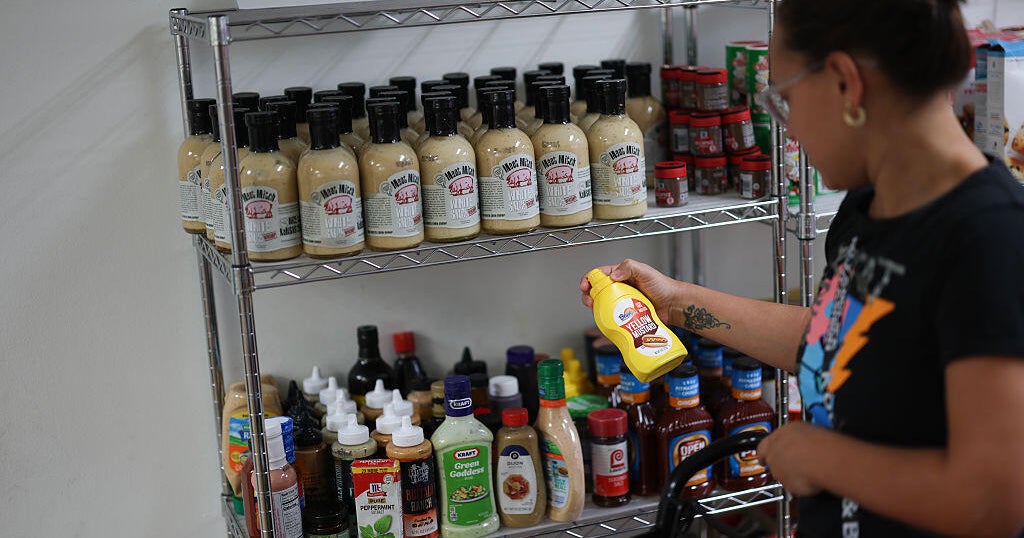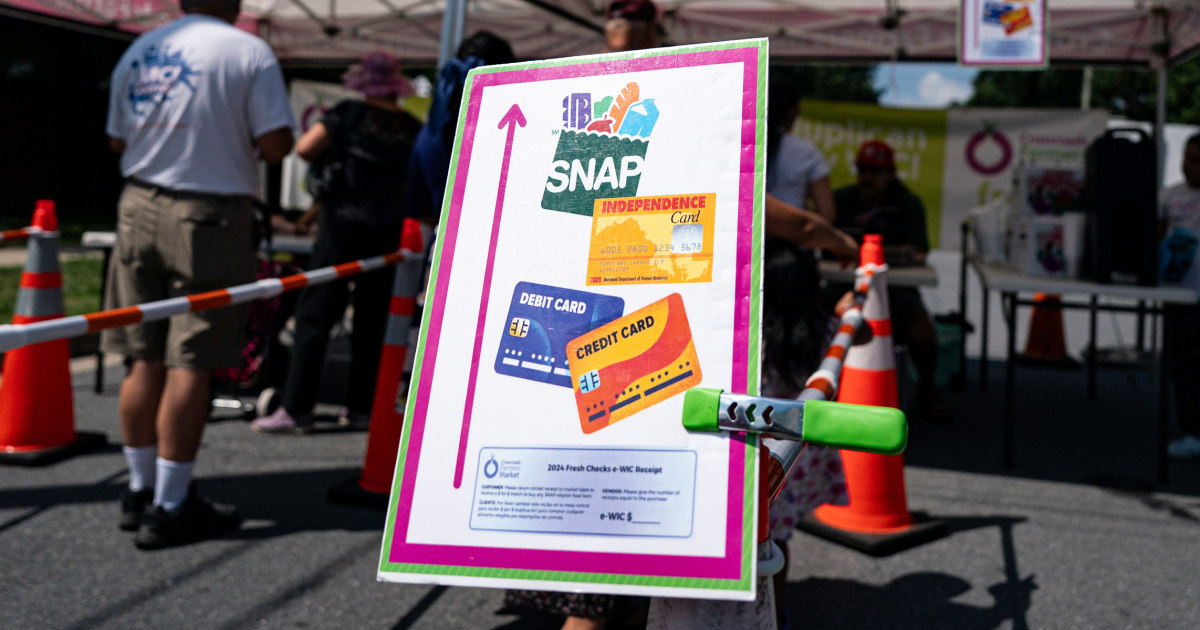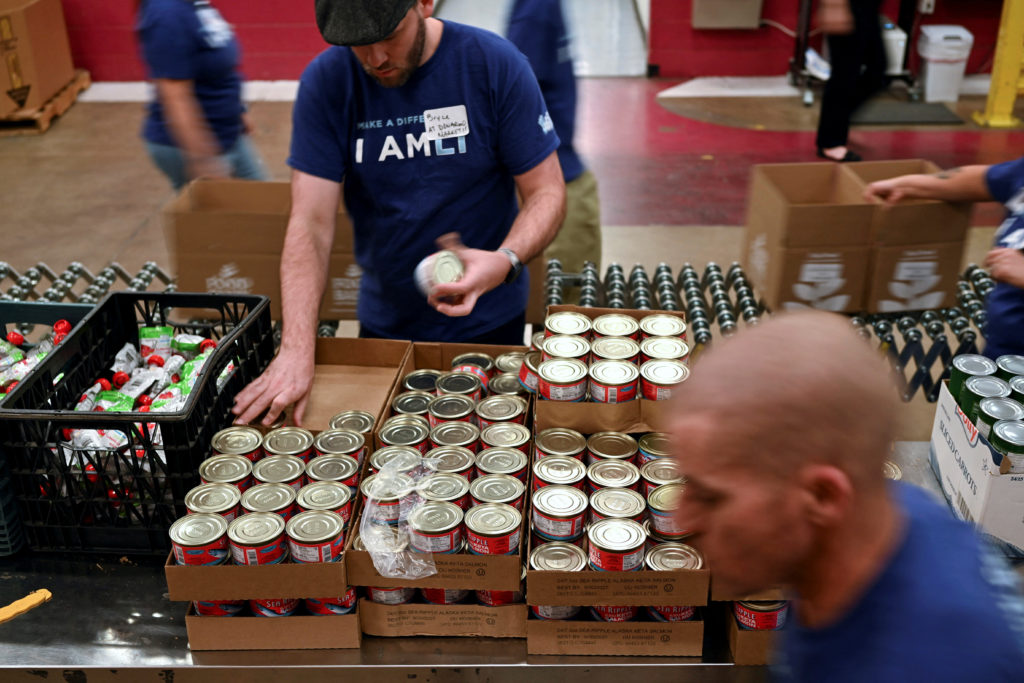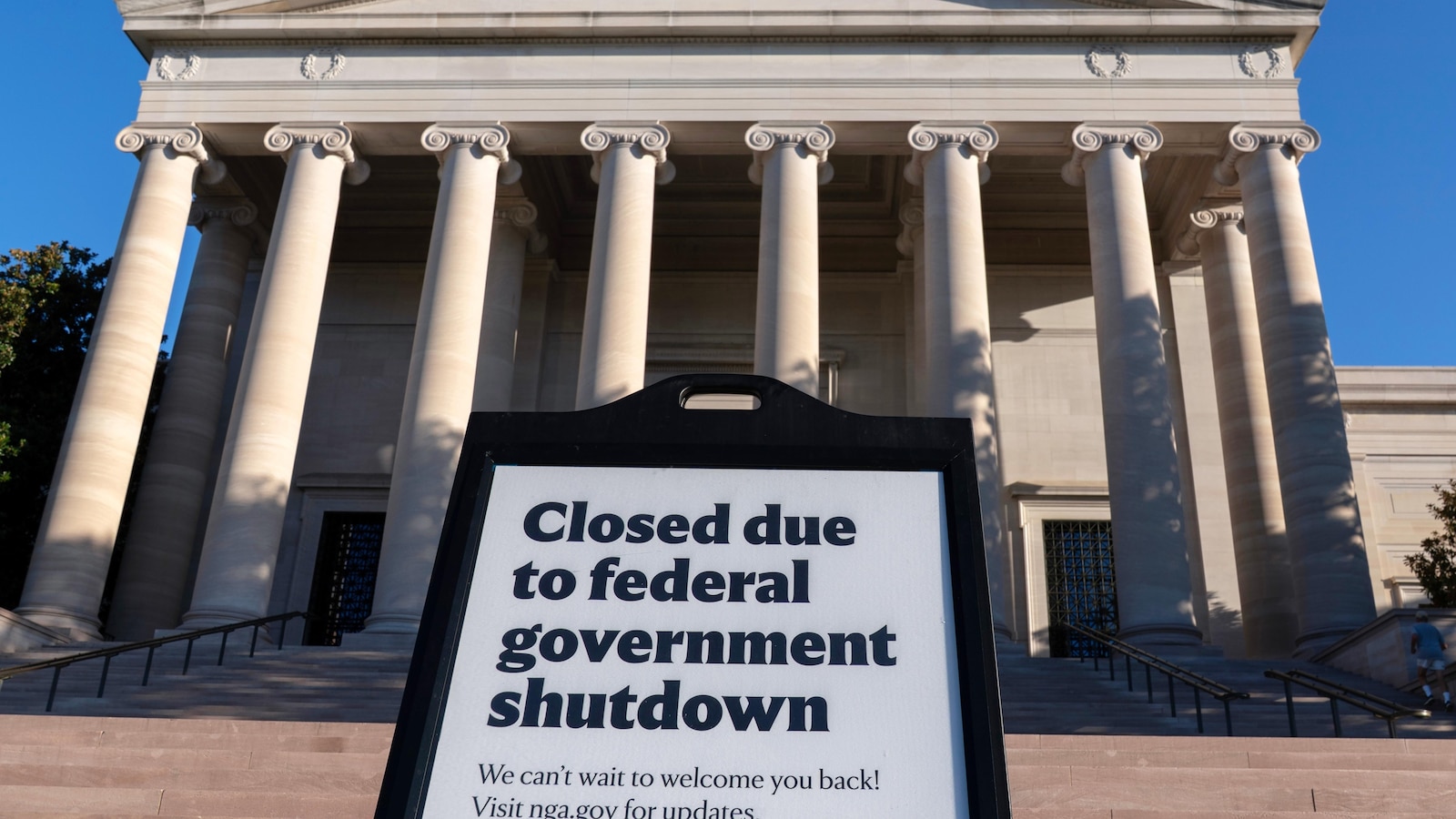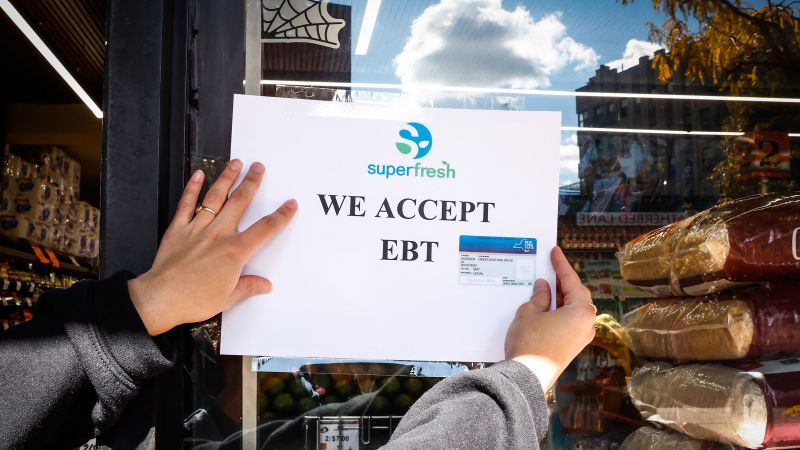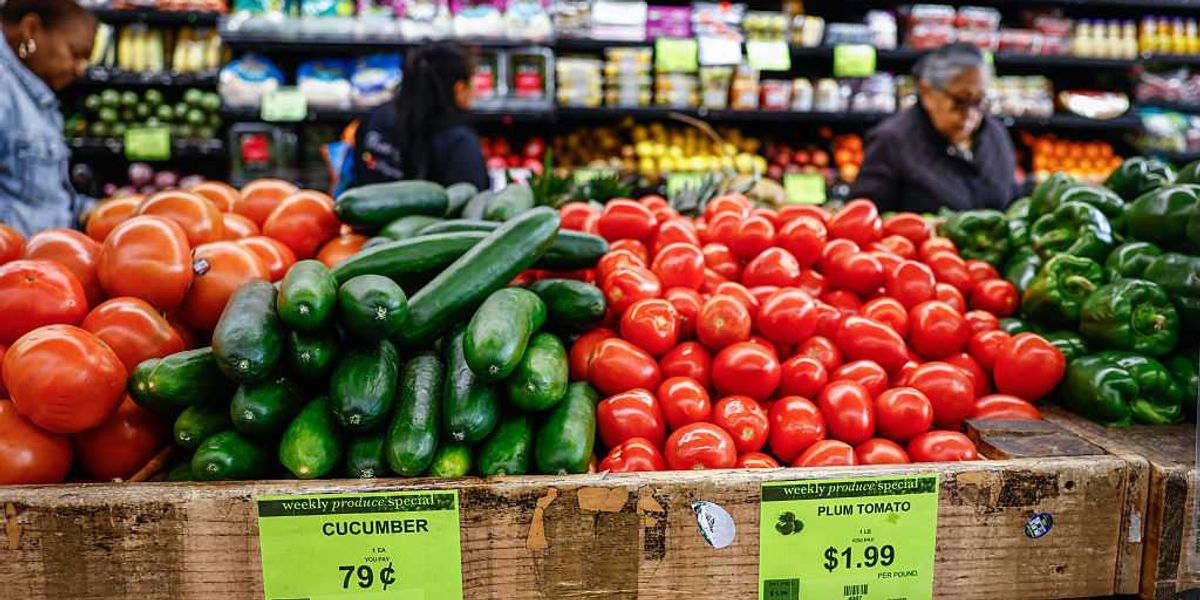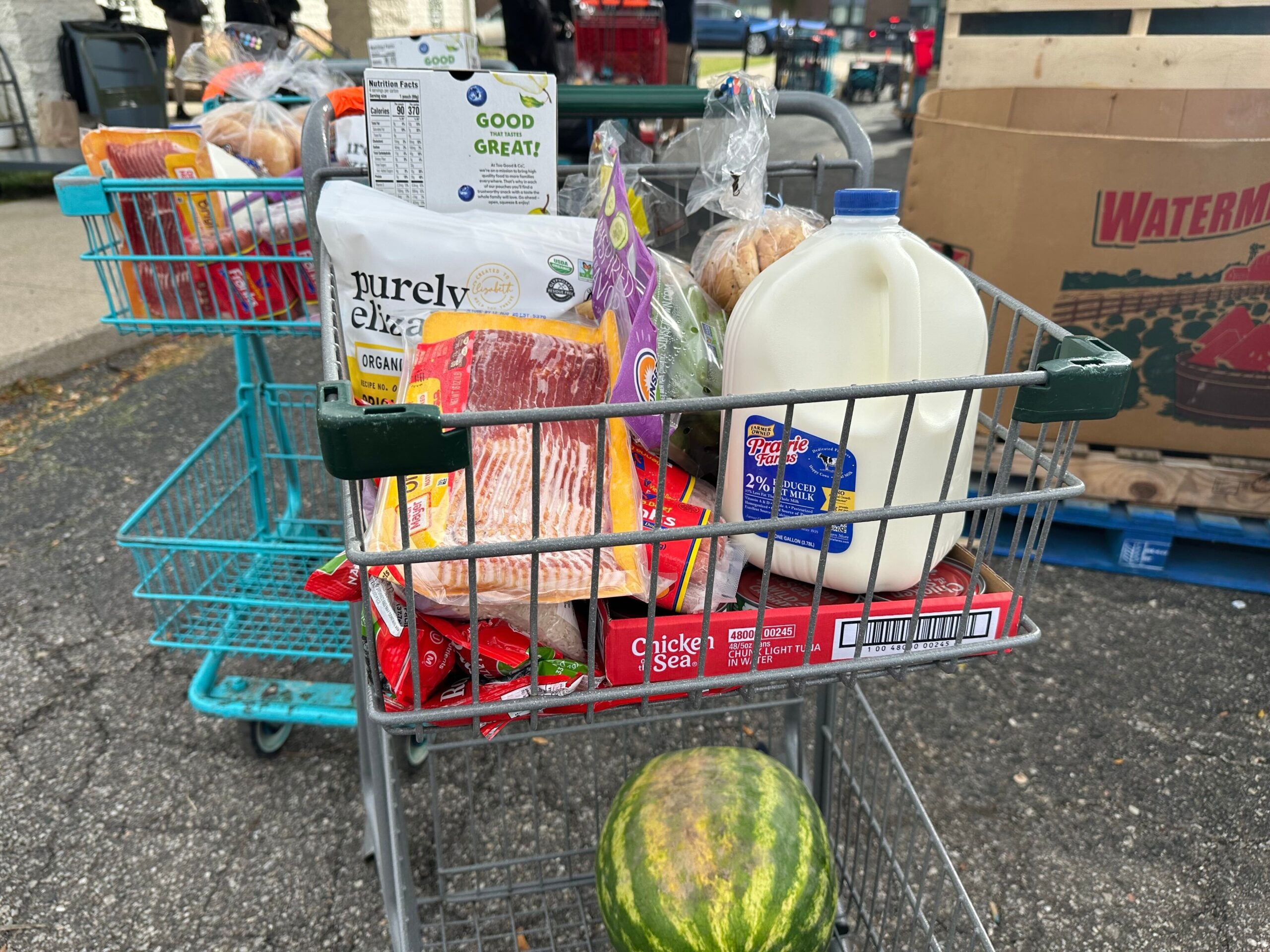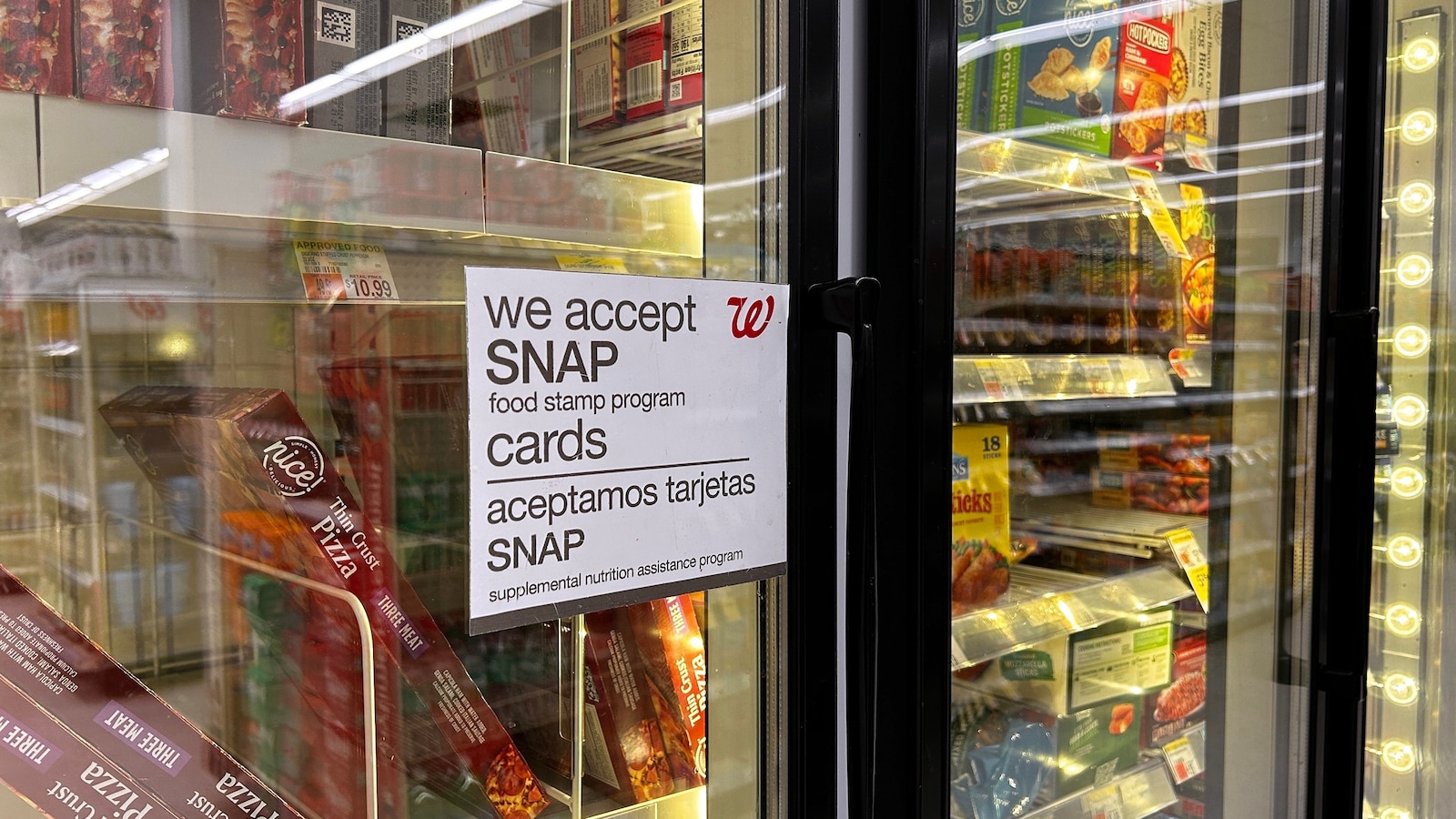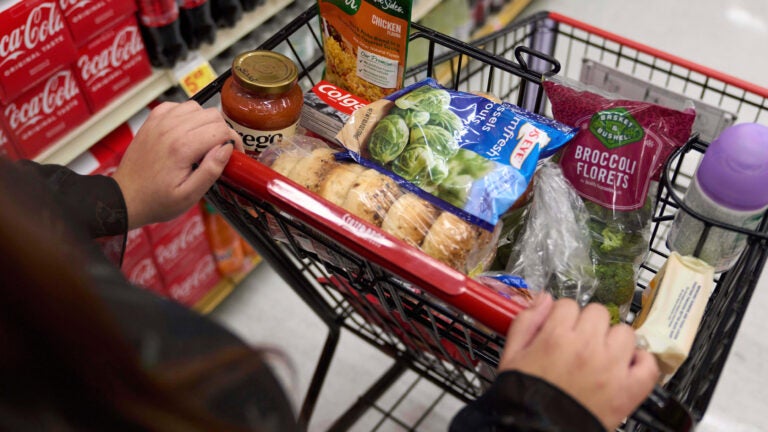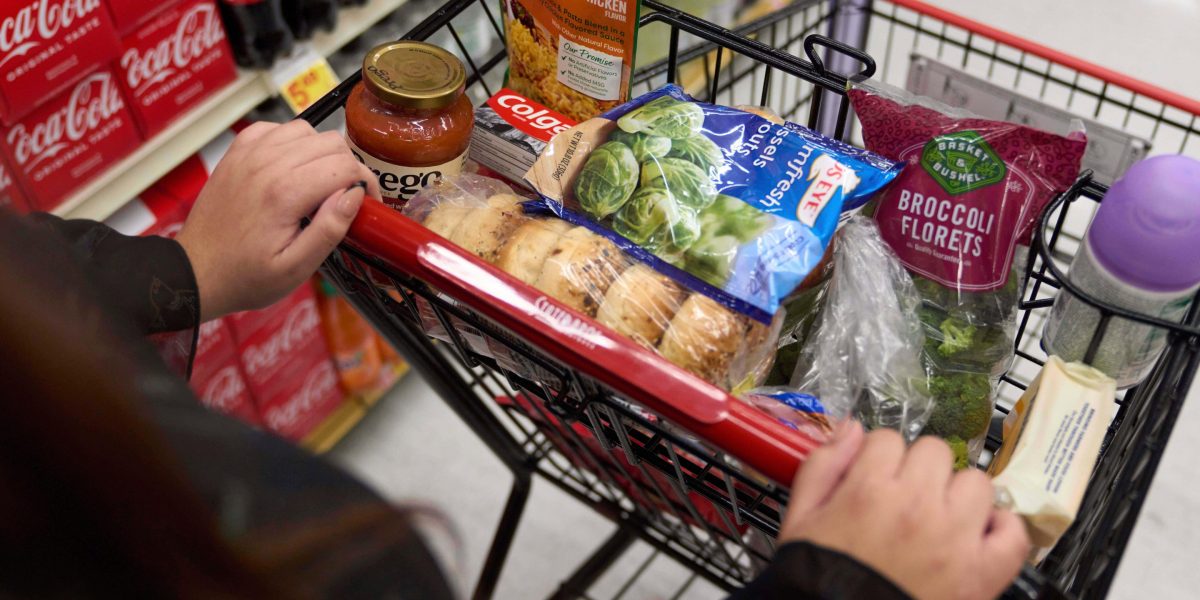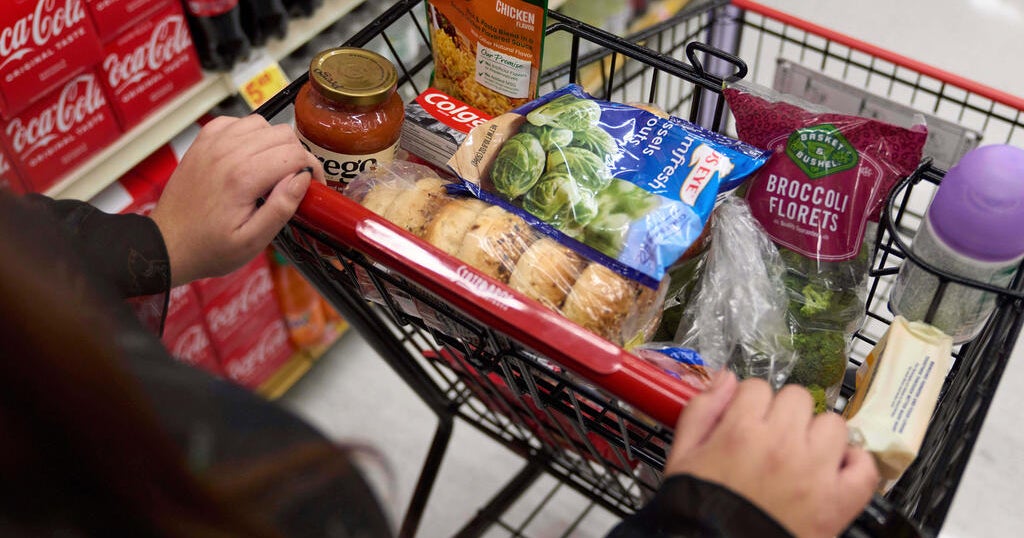25 States Sue Trump Administration Over SNAP Benefit Suspension Amid Government Shutdown
Twenty-five states and D.C. are suing the Trump administration over the suspension of SNAP food benefits for 40-42 million Americans, seeking emergency funds amid the shutdown.
Overview
- Federal SNAP benefits for approximately 40-42 million low-income Americans will not be issued on November 1, directly impacting families, older adults, and individuals with disabilities.
- This suspension stems from the ongoing government shutdown, which began October 1, and the Trump administration's refusal to use available contingency funds for regular benefits.
- A coalition of 25 states and the District of Columbia, led by Democratic officials, has filed a lawsuit against the Trump administration and the USDA.
- The lawsuit aims to compel the Department of Agriculture to release November SNAP benefits and tap into an estimated $6 billion in emergency contingency funds.
- States argue the USDA's refusal violates appropriations law, as food banks prepare for increased demand and other programs like Head Start and WIC face imminent funding cuts.
Report issue

Read both sides in 5 minutes each day
Analysis
Center-leaning sources frame this story by emphasizing the severe, unprecedented impact of the SNAP suspension, particularly the potential for "widespread hunger." They highlight the states' legal challenge and the USDA's shifting stance on contingency funds, subtly questioning the department's justifications. This approach underscores the urgency and gravity of the situation for millions of Americans.
Articles (21)
Center (15)
FAQ
SNAP benefits are being suspended because the federal government shutdown, which began October 1, 2025, has halted annual appropriations, preventing the U.S. Department of Agriculture from issuing new funds for SNAP. The suspension of November benefits is a direct result of the ongoing budget impasse in Congress, which has not passed necessary funding legislation[1]. States and recipients may use existing funds on EBT cards until October 31, but the ability to access benefits after that date is uncertain[1].
The lawsuit argues that the USDA's refusal to provide November SNAP benefits violates federal appropriations law, specifically because the department is not tapping into approximately $6 billion in available emergency contingency funds. The states claim this violates both the letter and intent of the law by withholding essential food assistance during the shutdown.
The suspension is expected to create a surge in demand at food banks, which will be called upon to help fill the gap for millions of Americans who rely on SNAP for food assistance. Additionally, programs like Head Start and WIC (Special Supplemental Nutrition Program for Women, Infants, and Children), which are also federally funded, may face imminent funding cuts as a result of the shutdown.
SNAP recipients are encouraged to carefully budget their remaining benefits and seek assistance from local resources such as food banks, pantries, and community organizations. Official guidance recommends locking EBT cards to prevent fraud and using local assistance directories for emergency food access[1].
SNAP benefits can only be restored once Congress passes a budget resolution or continuing resolution to fund the federal government. Until then, the USDA cannot issue new SNAP funds, and the suspension will remain in effect.
History
- 7d

 4 articles
4 articles
- 8d

 3 articles
3 articles





